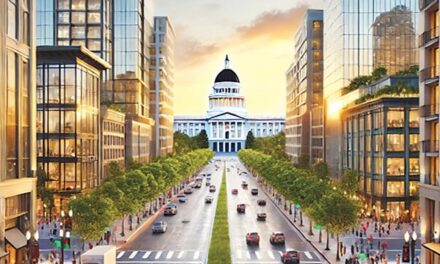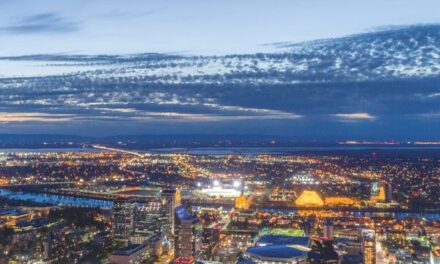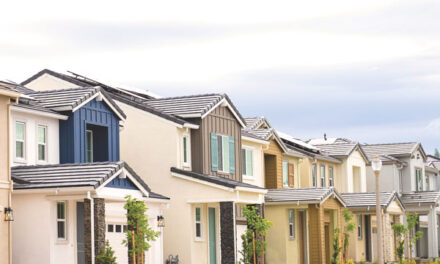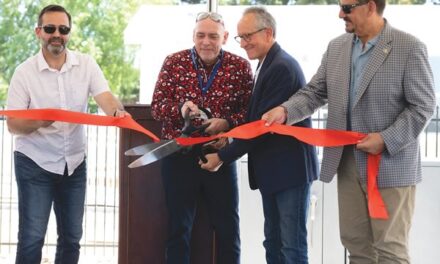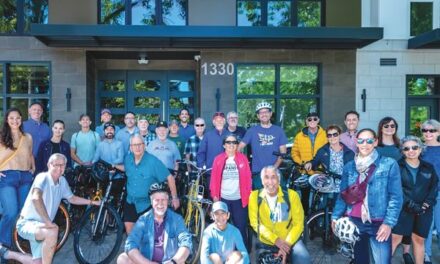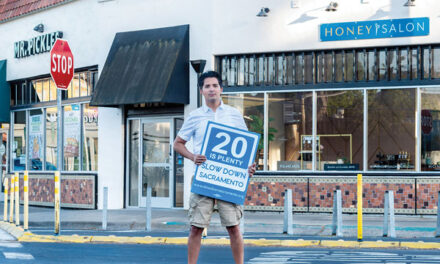There’s an old academic exercise among urban planners where they ask something like this: If a revolution comes to your town, will you instinctively know where to gather to find out what’s happening?
Identify a park or square where people would naturally flock, and it means your town has some appreciation for civic space and a sense of community fostered by planners and architects.
My family and I enjoyed living in Carmichael for 20 years. If that question were asked of residents there, what would they answer? Spoiler alert: They can’t say a strip mall or Starbucks.
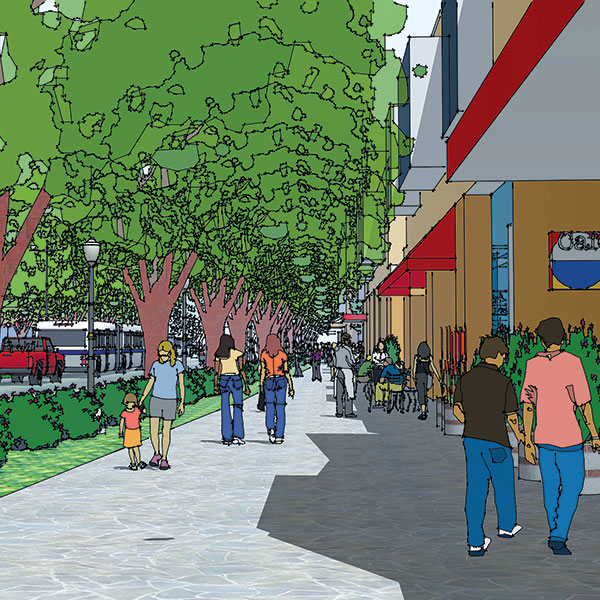
Carmichael, like so many auto-dominated suburbs, has never had that sense of place or identity, but not for lack of trying.
When we lived there, we watched various efforts to beautify and otherwise improve a noisy, busy, congested, rundown section of Fair Oaks Boulevard from around Palm Avenue to Marconi Avenue.
A smart, mixed-use plan was developed and approved by the county in 2011, after a decade of community pushback against a misguided earlier plan. The first idea called for making Fair Oaks an even wider, faster-moving thoroughfare as an alternative to Highway 50.
The new plan envisioned four districts and plenty of townhomes and other infill housing. The result would work to connect adjoining neighborhoods. Millions of dollars were spent to prime things for development.
Sidewalks were widened. Trees, flowers and other vegetation were added in new median planters. Utility poles were removed, with wires placed underground. There was a three-phase frenzy of beautification, still underway.
Unfortunately, not much else has happened.
There is no quaint Main Street or much else that the plan, business owners and residents envisioned. The boulevard remains decidedly unfriendly for pedestrians.
A few years ago, Milagro Centre arrived seemingly from nowhere, replacing an ugly strip center at Fair Oaks Boulevard and Marconi Avenue. We could see potential at last.
The collection of restaurants, shops and a meeting space seemed to take forever to finish, in part because one of the original developers died. But the project brought much-needed life and character.
After that, as people like to say these days, crickets. A cascade of challenges—recession, the pandemic and ineffective marketing strategies by area business associations—combined to keep the dream just beyond reach.
Now there’s a new effort underway that anyone who cares about Carmichael should cheer. Funding opportunities include the Sacramento Area Council of Governments, which has a $38 million “Green Means Go” program for projects that reduce vehicle trips. The Carmichael strip should be a prime contender for some of that money.
This fall, the Central Valley American Institute of Architects revived the Carmichael conversation with an online presentation, “The Time Has Come to Make the Fair Oaks Blvd. Corridor Plan a Reality.” The group hopes to follow up with a planning session focused on a two-acre parcel that could become a catalyst for more activity.
Moderated by architect and longtime Carmichael resident Paul Menard, the meeting included an overview by co-author Bruce Race. I’ve known Bruce for years. He’s a respected former Berkeley planning consultant who left California, earned his doctoral degree and is now a professor of architecture at the University of Houston.
Race did good work in and around Sacramento. Positive results are evident in many areas, including Downtown. He remains optimistic about the Carmichael plan coming to fruition, even as local business owners say they still face many obstacles, including homeless encampments and not much interest from developers.
Like all wise urban planners, Race takes the long view. He hopes some of that new public money can push the momentum in the right direction.
“In Sacramento, we have communities with a lot of aspiration,” he says. “There may be stops and starts, but taking a long view of these plans really becomes important.”
And he makes this point: “The market (for more housing) will deliver the plan in spite of everything. It can be accelerated by having a more sophisticated and engaged process. By 2050, it will look like the drawing.”
Let’s hope he’s right. Sure sounds better than more cars.
Gary Delsohn can be reached at gdelsohn@gmail.com. Follow us on Facebook, Twitter and Instagram: @insidesacramento.



